Dating is hard. It was hard before the pandemic, but especially now as many singles are resuming in-person dating, it’s tough to ignore the social skills which atrophied over quarantine. While social encounters like first dates were always awkward, social anxiety is particularly (and predictably) acute post-pandemic, illustrating how many people could benefit from practicing social skills in safe, controlled, simulative environments. The pandemic saddled us with a “new collective experience of social anxiety,” prompting many to seek help reintroducing themselves into the dating pool.
That’s where someone like Grace Lee comes in. Grace is a dating coach who specializes in online dating: she helps curate your online profile, diagnose first date successes and mishaps, deepen your ability to connect on dates, and ultimately equip you to present a fully realized version of yourself to others. Her line of work falls into the category of soft skills training, forming the foundation of her partnership with Foretell Reality. Foretell Reality specializes in creating tools in Virtual Reality (VR) for soft skills development, corporate training, executive coaching, group and individual therapy, peer support, and other social situations where participants benefit from participating and practicing in VR.
But while soft skills like communication and empathy are increasingly valuable, both professionally and personally, they are very difficult to develop. Testing grounds like mock interviews and other role-play scenarios can be awkward at best and intimidating at worst. Trial-by-fire education, meanwhile, can lead to a slew of bad experiences and missed opportunities with little sense of progress being made. The convenience, accessibility, and anonymity VR offers address many of these issues, but even Foretell Reality General Manager Dror Goldberg acknowledges that “no matter how awesome the VR experience is, it eventually comes down to the specific curriculum and the specific instructor” helming the ship. Foretell, meet Grace; Grace, meet Foretell.
Recently, I interviewed Grace and Dror to learn more about the new partnership between Foretell Reality and Grace’s company, A Good First Date. We talked about the advantages VR offers for date coaching and soft skills development, the importance of virtual embodiment, and how the pandemic changed the worlds of dating and VR. From the outset, Grace made it clear that they were not working toward dating in VR. Grace firmly maintains that “through all of these changes,” both technological and epidemiological, “people who are looking for a real relationship want to meet in the real world.” VR is instead a revolutionary tool, improving elements of date coaching like conversing in a safe space, first date scenarios in romantic settings, live feedback between coach and trainee, and reflection by playing back a recording of the scene.
Given the importance of physical attraction in dating, it may seem counterintuitive that anonymized avatars are a key advantage of VR. But remember that this isn’t VR dating, it’s VR date coaching: you’re training for a date in-person by simulating dates in VR. “The use of avatars is of critical importance because of the anonymity it provides,” Grace explains. Avatars “take away the anxiety people have about their appearance,” allowing you to instead “show up as a neat representation of yourself and act more like yourself” for the simulated dates. Dror agrees that avatars “eliminate the obstacles to behaving naturally,” in VR scenarios, stripping date simulations down to the trainable elements: the dynamic of conversation and the art of getting to know someone.
Virtual avatars are a boon to soft skills training in general, as they allow users to feel more comfortable practicing social skills and sharing personal experiences in group settings. Embodied in a new persona, users can feel safer and behave more naturally without feeling exposed or judged. Avatars, as Dror puts it, present “a way to liberate yourself when you want to share emotions, when you don’t want to be stigmatized, when you don’t want to be judged,” a crucial advantage for date coaching in VR compared to coaching in-person. Dating is particularly personal and intimate, and the more comfortable individuals feel when practicing their first dates, the more effective date coaching will be.
The medium of VR also benefits instructors, as it transforms how instructors occupy space during simulations and equips them with quantifiable data for in-the-moment feedback. The ability to record and playback sessions beat-by-beat is highly valuable for instructors. How many times did you interrupt during a conversation? How many closed-ended questions were posed? Instructors in traditional settings may pick up on these trends in broad strokes, but with video feedback, “date coaching can become a measurable, iterative process.”
Watching replays of past date coaching sessions could be uncomfortable for users, but avatars provide a degree of separation which allows users to objectively self-reflect. Grace explains that with avatars, “people will be able to observe themselves, but in a way that doesn’t feel as embarrassing as it might if it was an actual video from real life.” VR also smoothens the trainer-trainee dynamic: normally, an instructor hovering over you while you try to ignore their presence leads to mixed results at best. In VR, however, the instructor can remain entirely invisible while observing the first date interaction between two participants. Instructors can choose to what extent they’re engaged in the simulation: they can remain entirely unheard and unseen, they can participate as an explicit third party, or they can provide live feedback to individual participants without the other knowing.
Toward the end of our interview, I asked Grace and Dror the same question pertaining to their respective fields: how has the pandemic changed dating and VR? Both responded with answers framed by the same theme: openness. Grace described how during the pandemic, “a lot of people started to question the way they were dating,” with social isolation in particular prompting people to “really look more seriously at pursuing a meaningful relationship.” As the pandemic precluded hookup culture and quarantine drastically constricted social circles, people became more open to the idea of forging a deep connection with a partner. A successful and genuine first date becomes even more important in a world where real-life social interaction is limited.
Dror’s answer echoed similar sentiments. Connectivity was what people missed most during quarantine, and many are now recognizing the need to develop technologies which bring people together digitally. Dror identifies how the pandemic “prepared the hearts and minds” of consumers to adopt VR technology. With restrictions lifting and many reentering the dating pool with a fresh mindset, now is the ideal time to learn how to bring substance and meaning to a relationship from the very first date. Substantial first dates can now be practiced and perfected in VR, equipping users with the experience and confidence to go from a good first date to a great new relationship.


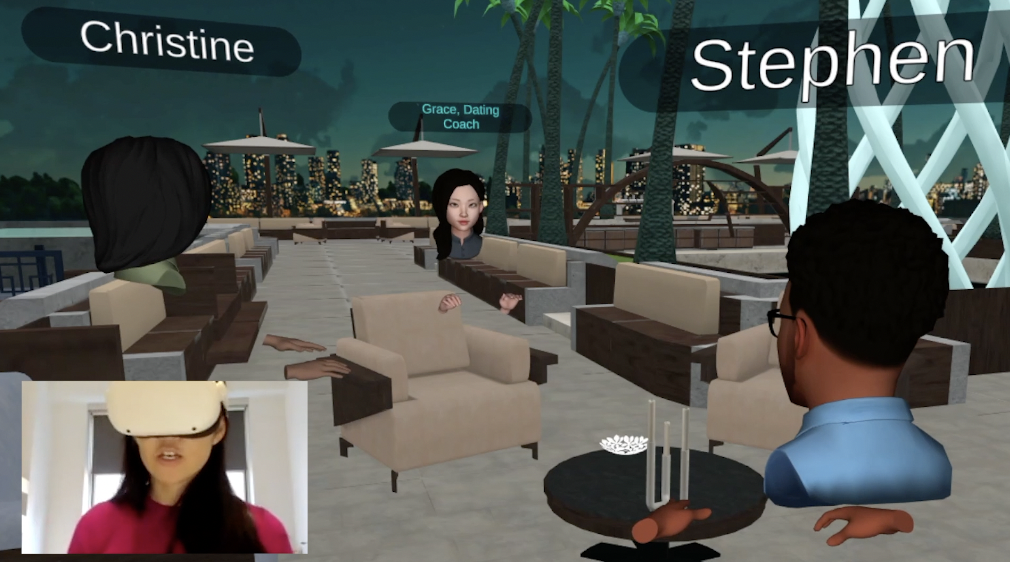
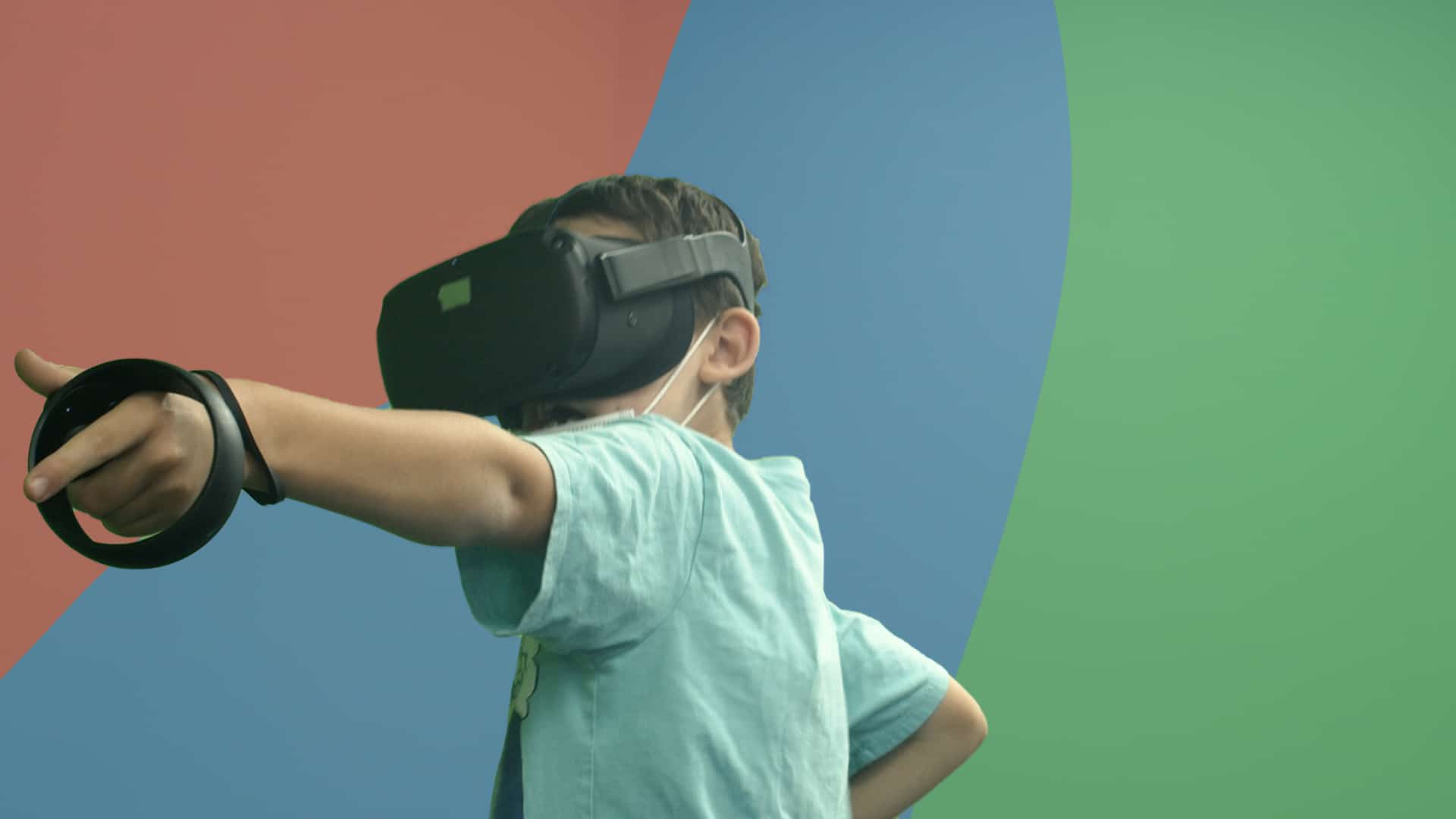
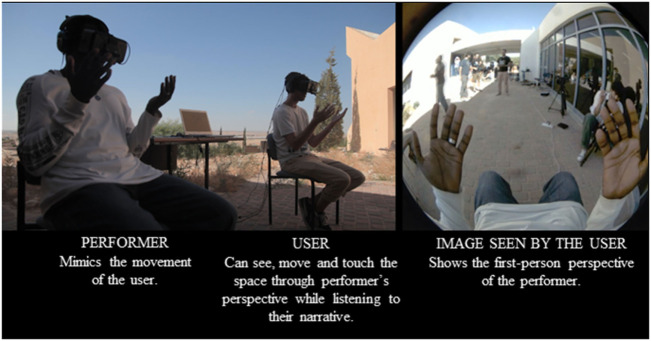


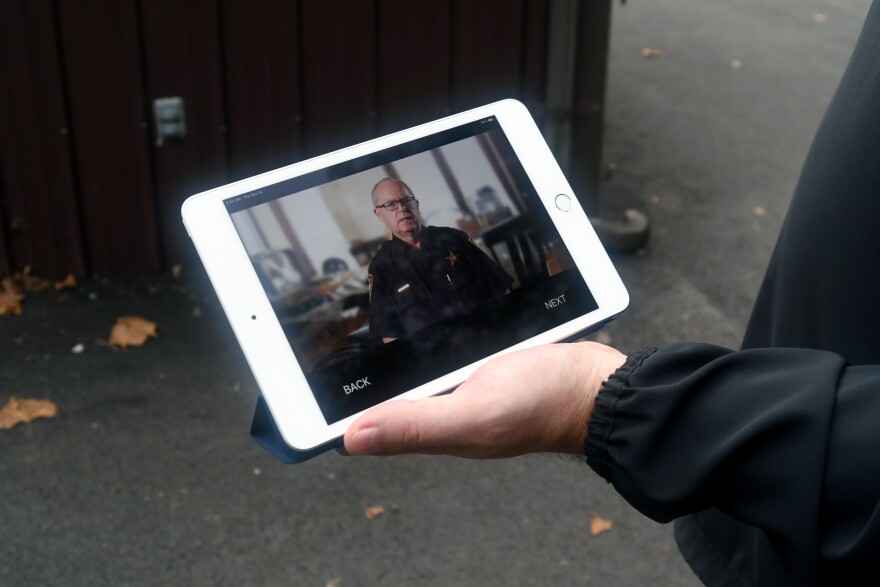
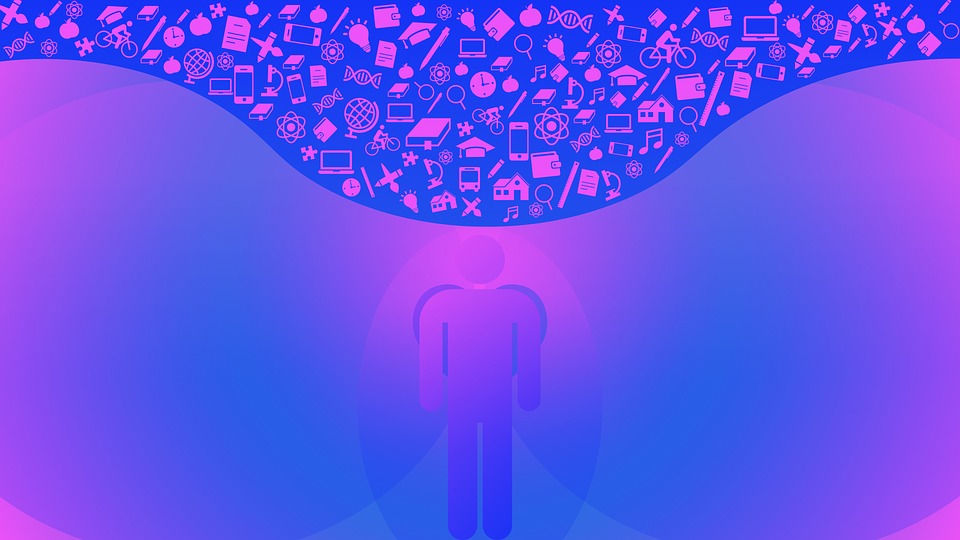

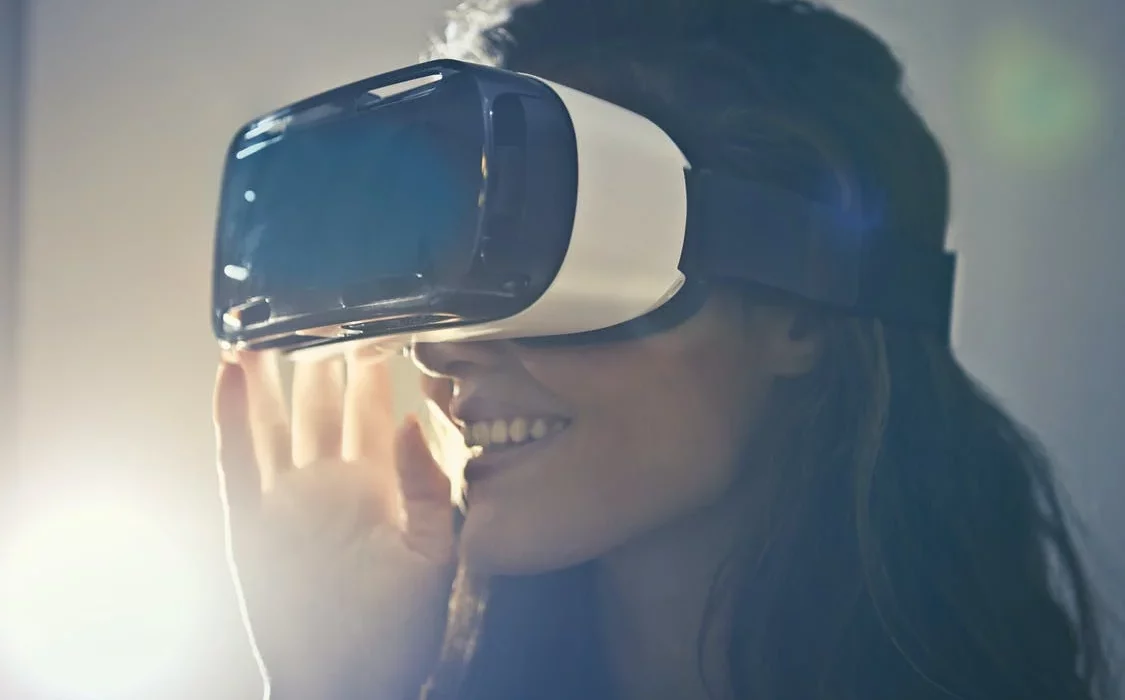







Recent Comments